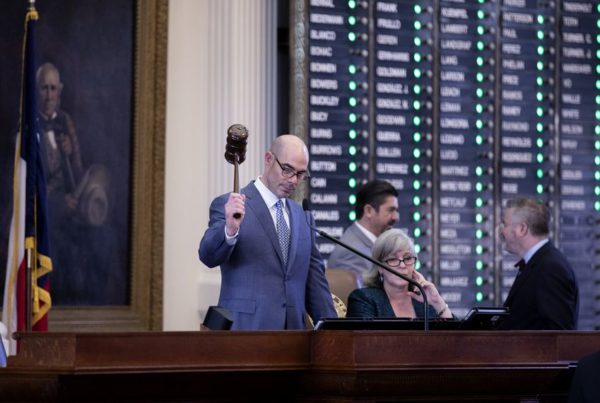On March 29, the United Kingdom is set to pull out of the European Union – a decision made by the British people in a 2016 referendum. The end of March is coming up fast, and what’s the plan for the pullout? There isn’t one. Lawmakers bickering in the shadow of Big Ben have, for a second time, rejected a so-called “Brexit” strategy, and leaving the EU with no plan could cause major economic and other problems for Britain and its trading partners and allies.
Harold Clarke, professor in the School of Economic, Political and Policy Sciences, at the University of Texas at Dallas, and adjunct professor in the Department of Government, at the University of Essex in England, says a messy Brexit could also be destabilizing for the U.S. and Texas.
“We very much have a stake,” Clarke says. “The state of Texas itself has a large economic trading relationship with the U.K., and of course with the European Union more generally. And … politically these events have been terribly destabilizing.”
Clarke says Brexit could affect U.S. national security. That’s because the U.S. has been close partners with Britain and other EU countries for decades.
“Any time there’s instability there, it’s very much of concern to us here in the United States generally, and in Texas, of course, as well,” Clarke says.
On Tuesday, Members of Parliament voted by a large margin against Prime Minister Teresa May’s Brexit deal. Clarke says the vote was historic – 432 against to 202 in favor.
“This is probably the biggest crisis in British politics since the Second World War,” Clarke says. “The magnitude of the defeat of the government on the second Brexit vote was really surprising.”
Listen to the rest of the story in the player above.
Written by Caroline Covington.
















